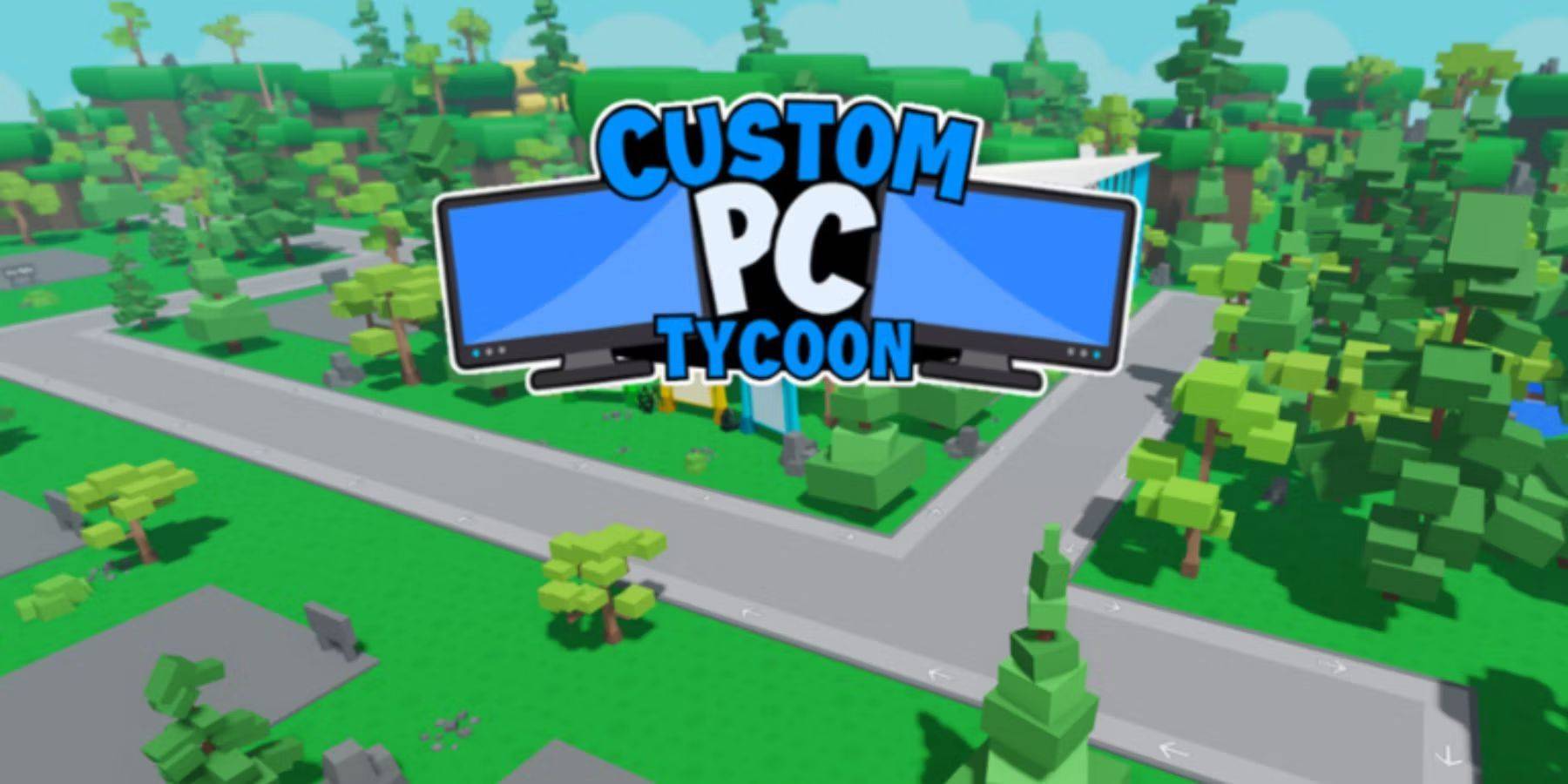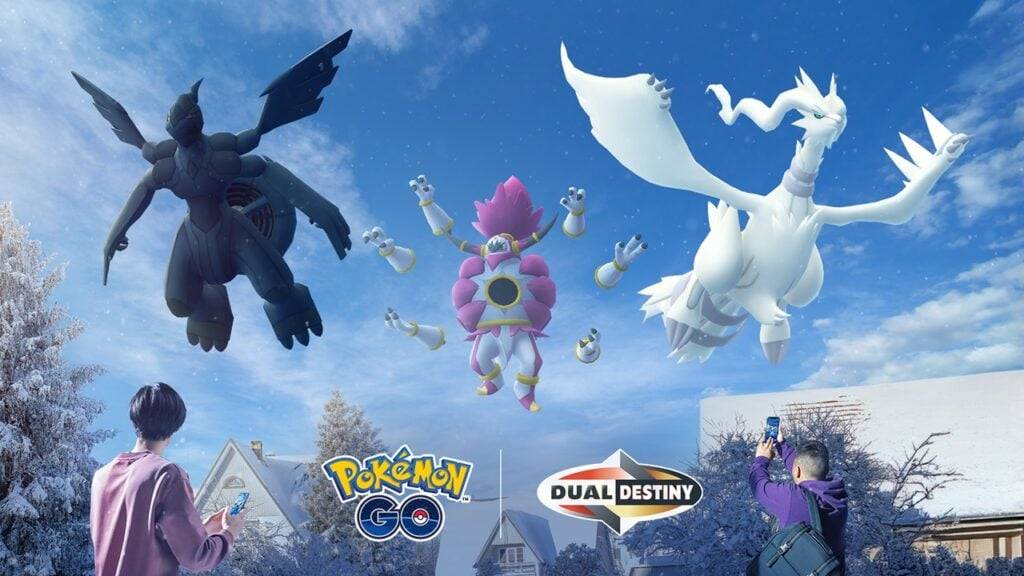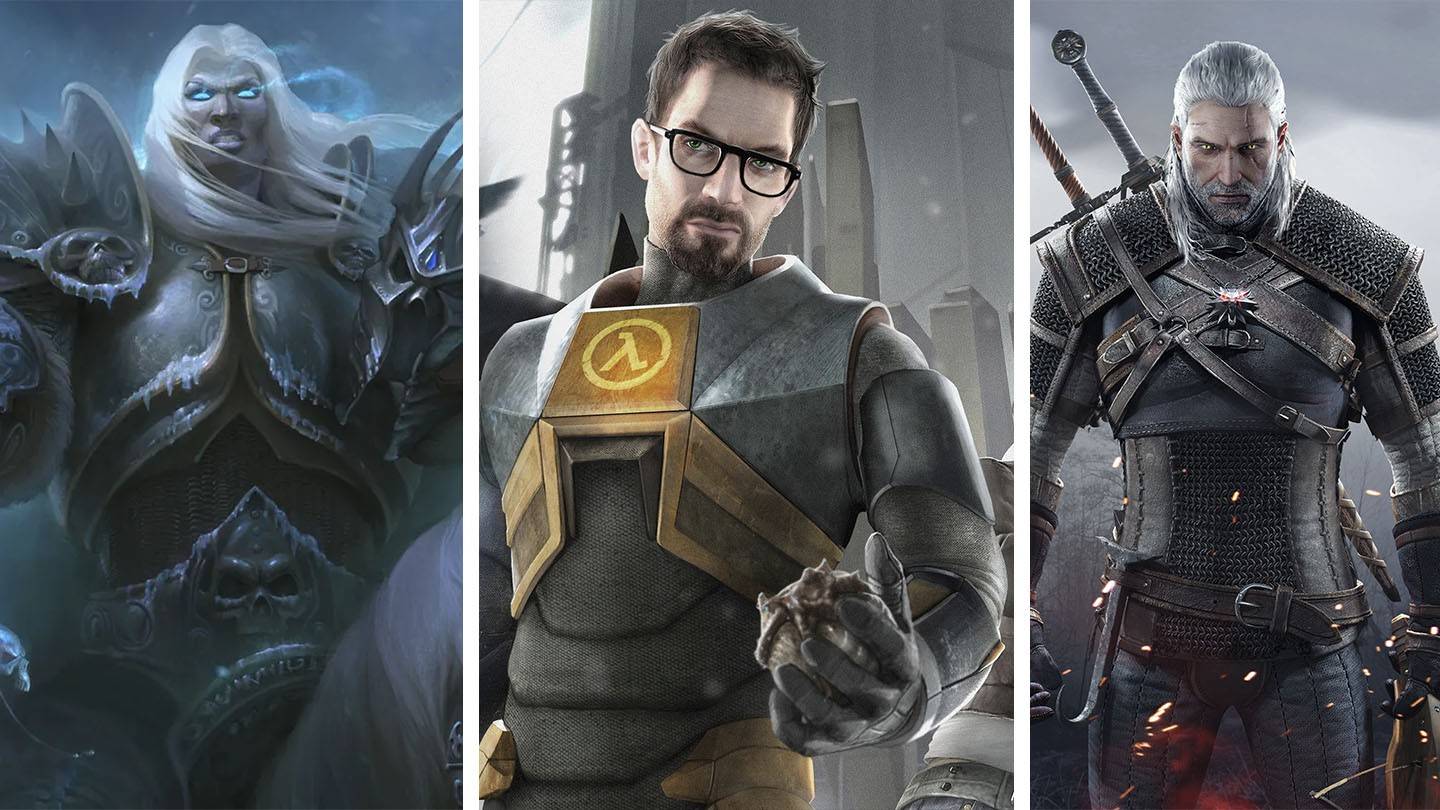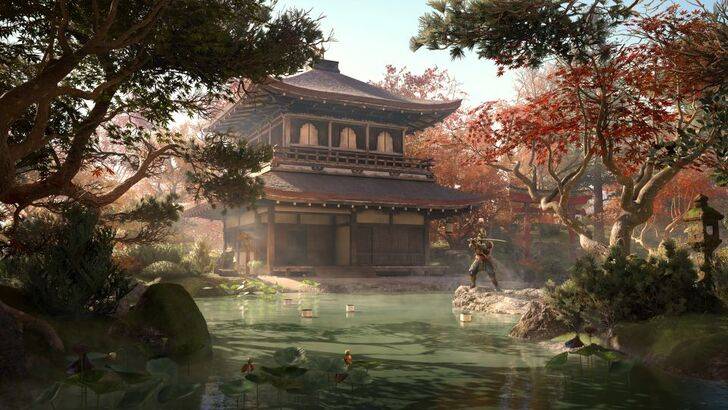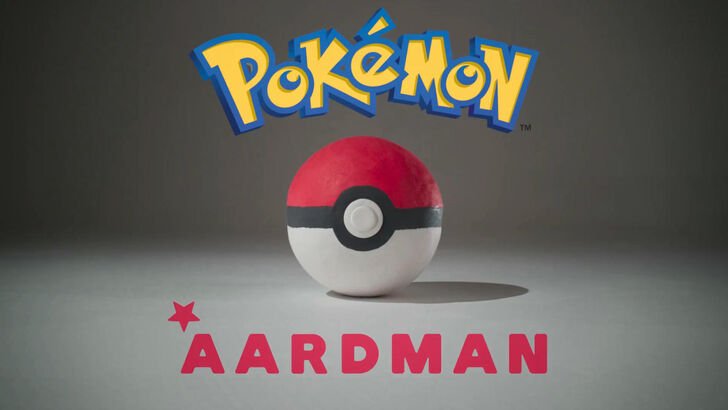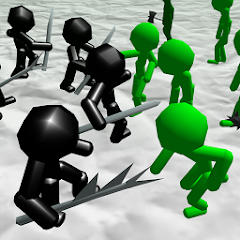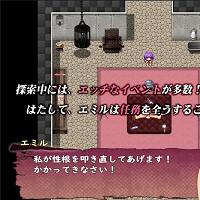Tariff threats are reshaping the gaming industry, with some companies pulling products or raising prices to counter rising costs. Sony and Microsoft, two giants in consumer electronics, are adopting starkly different strategies.
Sony's Tariff Strategy
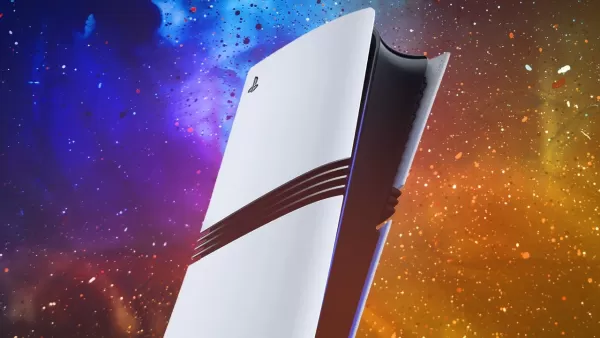
Following the Trump Administration's "reciprocal tariffs" effective April 5, Sony raised PS5 prices in Europe, the UK, Australia, and New Zealand, citing a tough economic climate with high inflation and volatile exchange rates. This marks the second PS5 price hike in three years, though the U.S. has so far avoided increases.
That could change soon. In a recent interview, Sony CFO Lin Tao said the company is monitoring market trends and may pass on costs and adjust shipments to consumers. Sony has stockpiled a three-month PS5 supply in the U.S. to cushion short-term tariff impacts.
With tariffs potentially costing Sony up to $685 million, U.S. price hikes seem likely. The U.S. accounts for about 40% of PlayStation's global market, a weight Sony cannot ignore indefinitely.
PlayStation Days of Play Sale Brings Steep Discounts
In a surprising twist, Sony has slashed prices for its annual PlayStation Days of Play sale, cutting costs on consoles, controllers, games, and more, including the lowest-ever price on PSVR2.
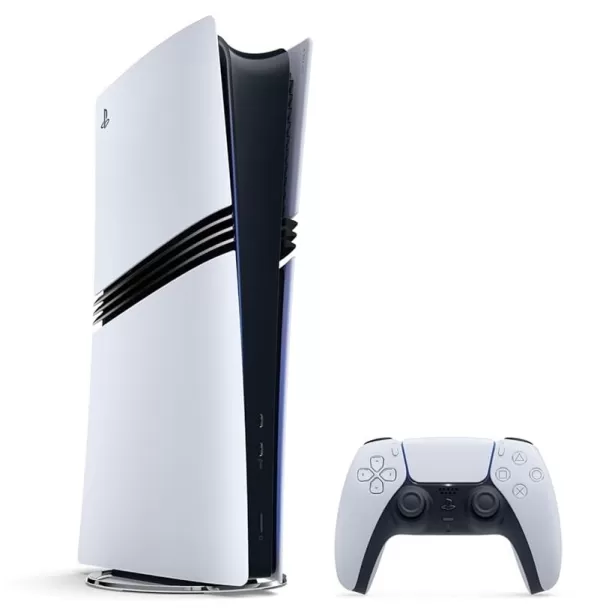
PS5 Pro Console
6$699.99 save 7%$649.00 at Amazon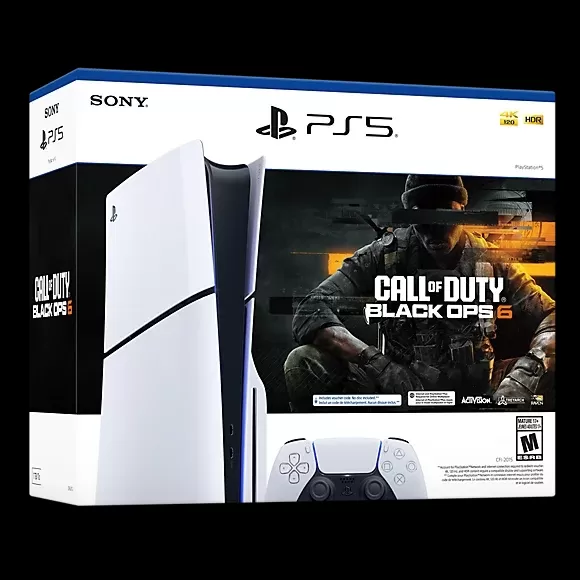
PS5 Console Disc Edition - Call of Duty: Black Ops 6 Bundle
10$569.98 save 21%$449.99 at Target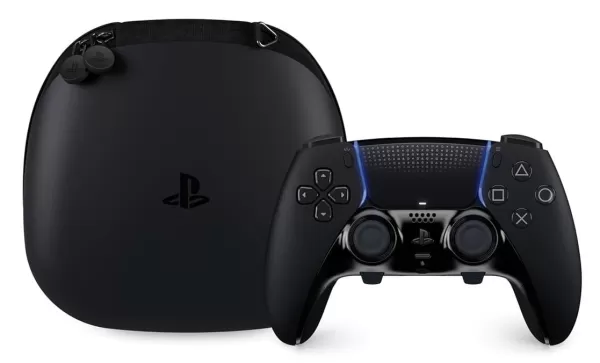
PlayStation DualSense Edge Wireless Controller
3$199.99 save 15%$169.00 at Amazon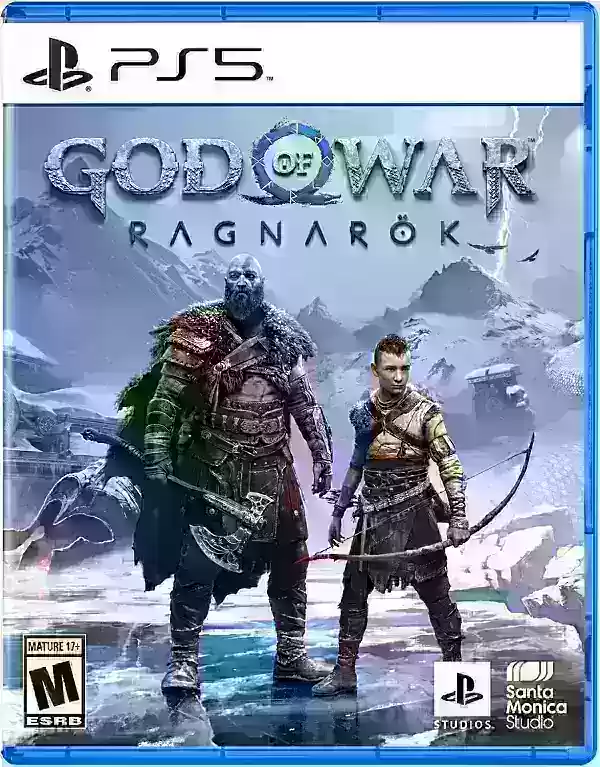
God of War Ragnarök (PS5)
4$69.99 save 57%$29.83 at Amazon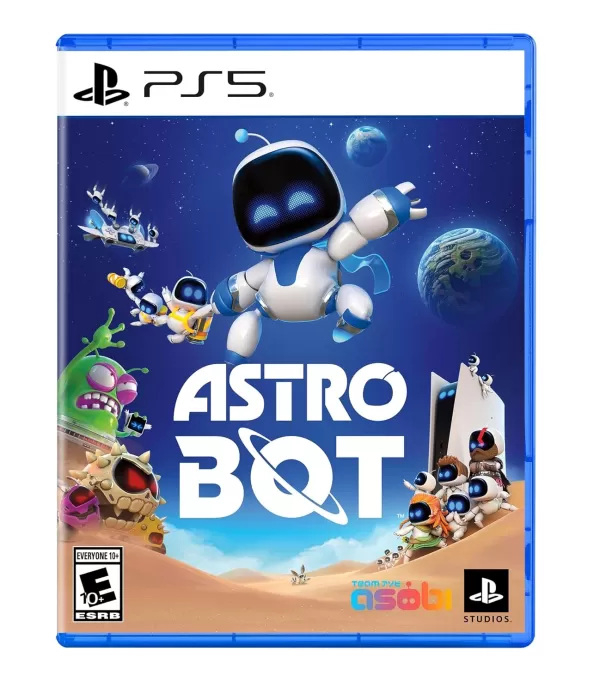
Astro Bot (PS5)
4$59.99 save 17%$49.94 at Amazon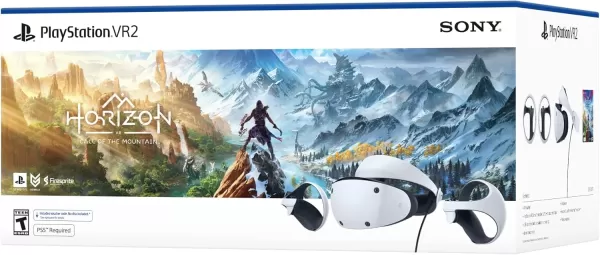
PSVR 2: Horizon Call of The Mountain Bundle
8$399.99 save 13%$349.00 at AmazonWith economic uncertainty prompting U.S. consumers to curb nonessential spending, Sony’s bold discounts may be a final push before prices rise. The Days of Play sale ends June 11, and with 145% tariffs on Chinese goods resuming August 12, this could be the last major sale before Prime Day.
Microsoft's Tariff Response
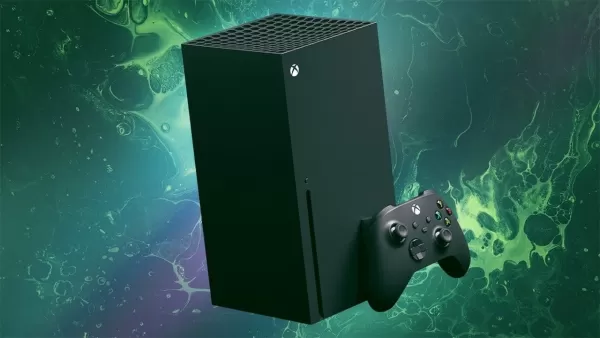
Microsoft’s approach to tariffs contrasts sharply with Sony’s. In early May, Microsoft raised prices across its Xbox hardware lineup to preempt tariff impacts. Despite being U.S.-based, Xbox consoles and accessories are mostly made in China, and price hikes aim to protect slim console margins.
However, Microsoft has struggled this generation, with PS5 outselling Xbox Series X by two to one. Xbox Series X|S sales also lag behind the Xbox One’s performance in the same period. Raising prices now seems counterintuitive, especially as Sony cuts prices, including a first-ever discount on the PS5 Pro.
For those yet to buy an Xbox, the decision is tougher. The Xbox Series S, Microsoft’s entry-level console, now starts at $380—a steep ask when a more powerful PS5 with Call of Duty: Black Ops 6 costs just $20 more.
For top-tier performance, the Xbox Series X’s base price jumped $100 to $600 for the same 2020 console. Meanwhile, Sony’s PS5 Pro, launched less than a year ago with modest upgrades, is $700 (without a disc drive or stand) but now seems a better deal despite earlier online criticism. The 2TB Xbox Series X is now pricier than the PS5 Pro.
Adding to the challenge, Microsoft announced that Xbox first-party game prices will rise to $79.99 this holiday season. Nintendo has also tested higher pricing with the Switch 2 exclusive Mario Kart World at $80, sparking fan backlash. While PlayStation and others haven’t followed, analysts predict they may if economic conditions persist.

 Latest Downloads
Latest Downloads
 Downlaod
Downlaod




 Top News
Top News